-
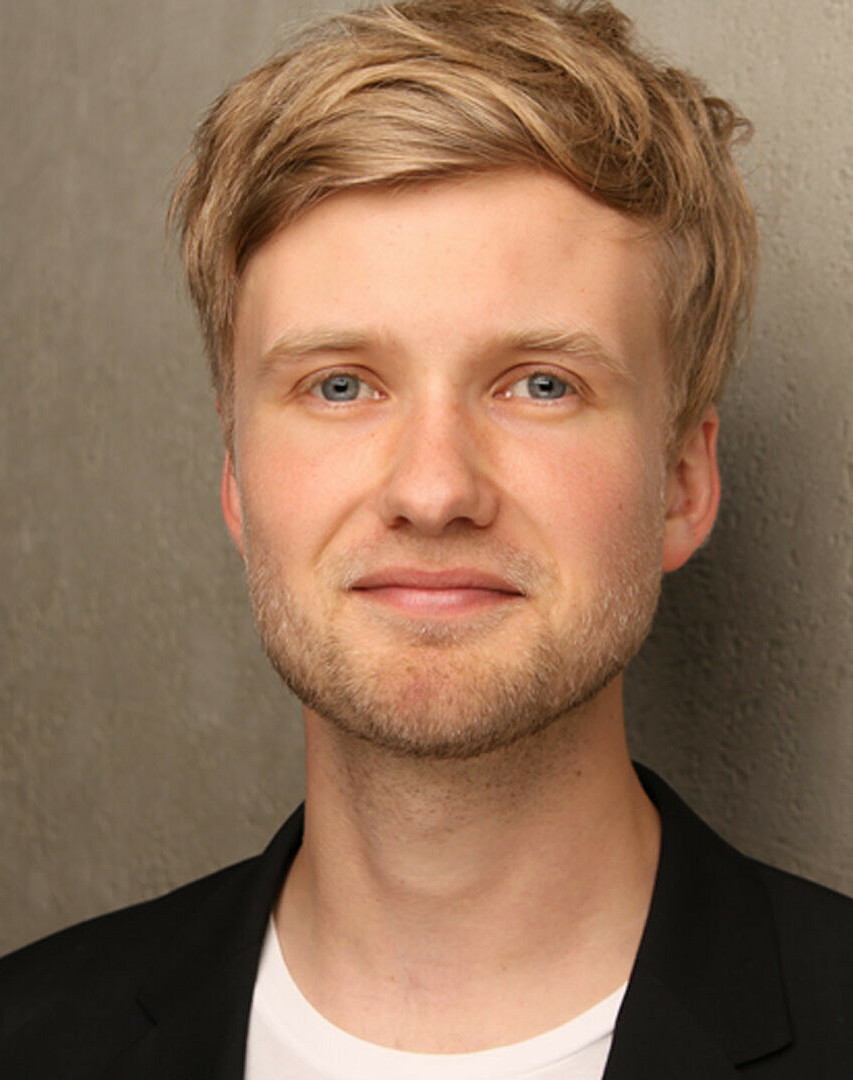
Photo: Dr Markus Krutzik
14.03.2022Dr Markus Krutzik, Ferdinand-Braun-Institut
Dr Markus Krutzik works at the interface of quantum physics and engineering science. The Brain City Ambassador is the Head of the Joint Lab Integrated Quantum Sensors (IQS ) at the Ferdinand-Braun-Institut, which cooperates with Humboldt-Universität zu Berlin. At the IQS in Berlin-Adlershof, researchers are working on developing atom-based technologies and quantum sensors for use outside the laboratory environment.
Quantum physics – for most people this science is a mystery. Not so for Dr Markus Krutzik. He already became enthusiastic about it during his physics studies at the Technical University of Darmstadt. “Even back then, I was fascinated by the possibility of cooling atomic gases to a few billionths of a degree using laser light, manipulating them coherently and using them for fundamental questions as well as specific applications.” This enthusiasm for atomic sensors has accompanied the young scientist throughout his doctoral thesis and post-doctoral period until today.
In 2009, Markus Krutzik went to Berlin. As a doctoral student at the Humboldt-Universität zu Berlin, an opportunity opened up for him that further consolidated his path: “I was given the opportunity to participate in a joint project in which the usually large and complex structures of atomic sensors are miniaturised in such a way that they can be let into free fall from a height of 110 metres and survive the acceleration in the collection container without defects.” In 2014 he was awarded the Adlershof Dissertation Prize for his dissertation as part of the “QUANTUS Cooperation”. In 2019 he received the “NASA Group Achievement Award” as a member of the Cold Atom Laboratory (CAL) team at the Jet Propulsion Laboratory of the California Institute of Technology (JPL), in 2019/20 he was part of the winning team of the Innospace Masters Challenge of the German Space Agency at DLR.
Since 2019, Markus Krutzik has also been Head of the Joint Lab Integrated Quantum Sensors (IQS) of the Ferdinand-Braun-Institut and Humboldt-Universität zu Berlin in Berlin-Adlershof. Here, together with his colleagues, he develops novel atom-based measuring devices and tries to put them into practice. “We use the wonderfully versatile properties of atomic gases and measure them with tailor-made laser light. We use both gases at high temperatures of around 1000 Kelvin and laser-cooled clouds at temperatures of just a few nano-Kelvin. Often the application requires the manipulation and readout of quantum effects – as in so-called matter wave interferometers.”
In Berlin there are universities and research institutes with high international visibility – especially in areas related to optics and photonics – and one of the most dynamic start-up ecosystems in Europe.
Markus Krutzik finds it particularly exciting to conduct research at the interface between quantum physics and engineering. “In our work, we are interested in producing working prototypes and, in addition to atomic and quantum physics, we also need to have an understanding of various fields such as laser technology, vacuum technology, software and electronics. This inevitably leads to an intensive exchange with the various users of these technologies. That makes the work very varied and interesting.”
Specifically, he and his team are currently developing atomic-optical clocks for use in navigation, atom-based sensors for measuring the smallest magnetic fields or velocities, atomic quantum memories for the realisation of future global quantum networks and they are investigating ultra-cold atoms for fundamental questions in modern physics. A broad spectrum of content. Berlin offers him the opportunity to do so.
“Berlin is big. On the one hand very sluggish, on the other hand highly transformative. So there is always a lot to (re)discover. But the most important is: There are a number of universities and research institutes here with high international visibility – especially in areas concerning optics and photonics – and one of the most dynamic start-up ecosystems in Europe.”
The IQS does not only have good contacts regionally, but also nationwide and internationally: “We are very closely networked: from Munich to Bremen, from Singapore to the west coast of the USA – and we cooperate with many associations,” explains Markus Krutzik. “In some cases, this also requires our scientists to do longer campaign work at other locations in Germany. We work together with universities, research institutions and companies.” The Science and Technology Park in Berlin-Adlershof, where the IQS is located, also offers close networking of science with industry and start-ups.
“Berlin is a great city that always stays exciting due to its diversity,” says Markus Krutzik and adds: “The focus areas of optics, photonics and quantum technology will continue to offer us researchers an extremely exciting environment in the years to come.” (vdo)
nternehmen zusammen.“ Der Wissenschafts- und Technologiepark in Berlin-Adlershof, wo das IQS verortet ist, bietet ebenfalls eine enge Vernetzung der Wissenschaft mit Industrie und Start-ups.
„Berlin ist eine prima Stadt, die aufgrund ihrer Vielseitigkeit immer spannend bleibt“, so Markus Krutzik und ergänzt: „Die Schwerpunkte Optik, Photonik und Quantentechnologie bieten uns Forschenden auch in den kommenden Jahren ein extrem spannendes Umfeld.“ (vdo)
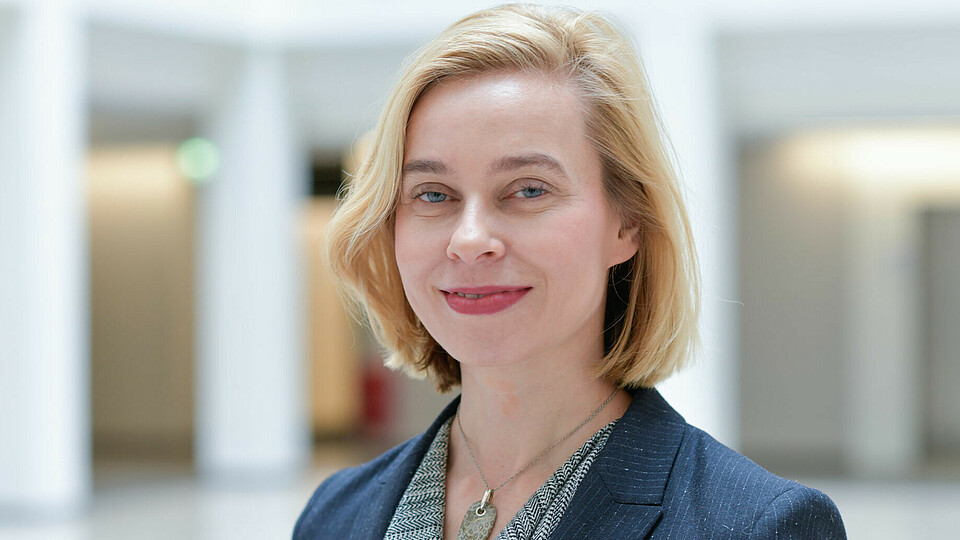
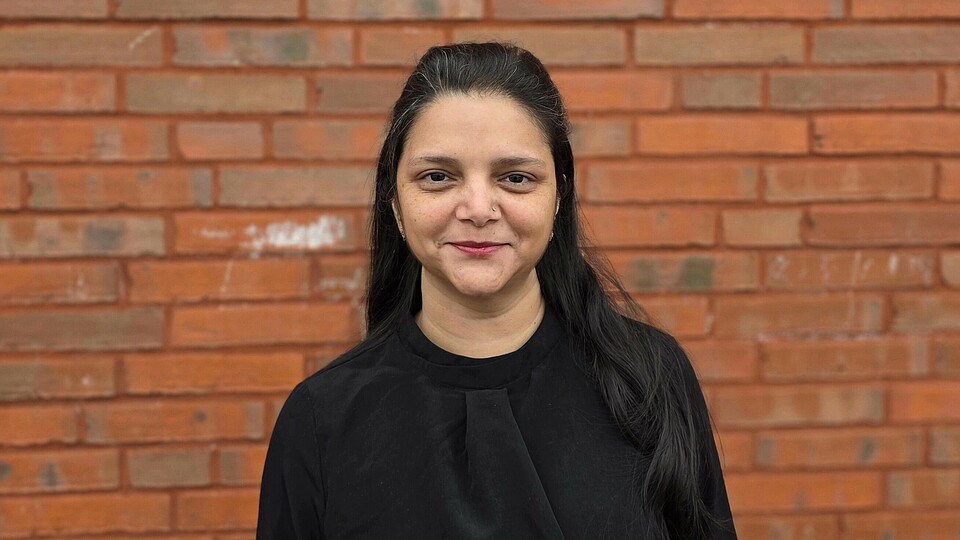
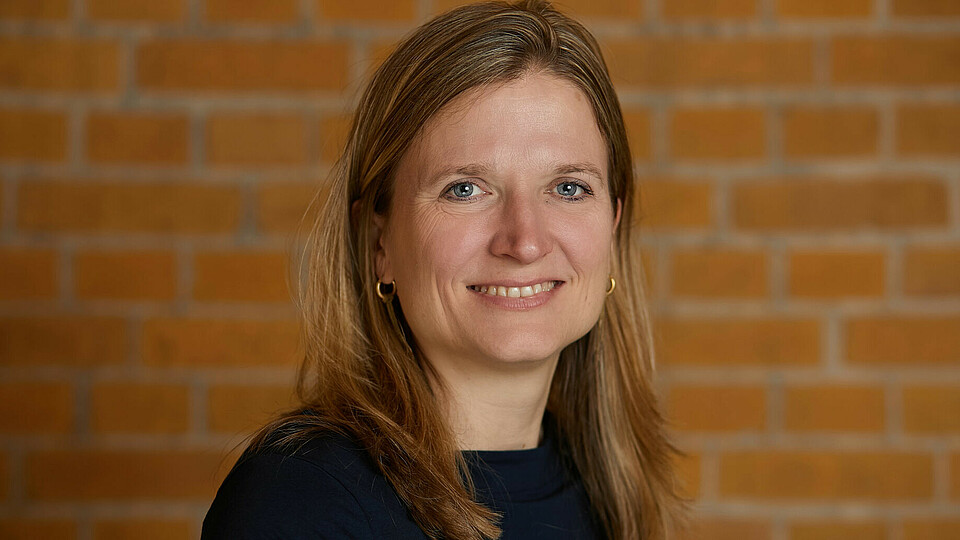
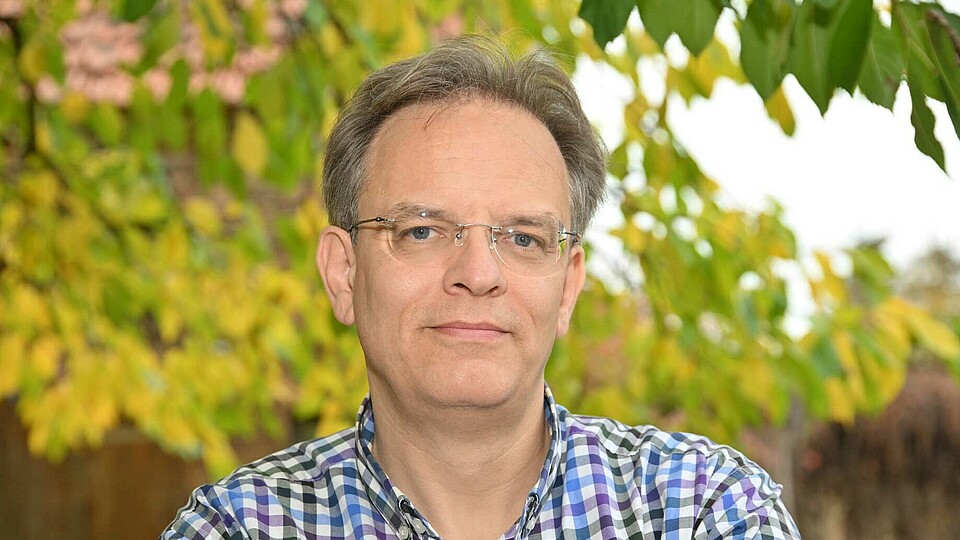
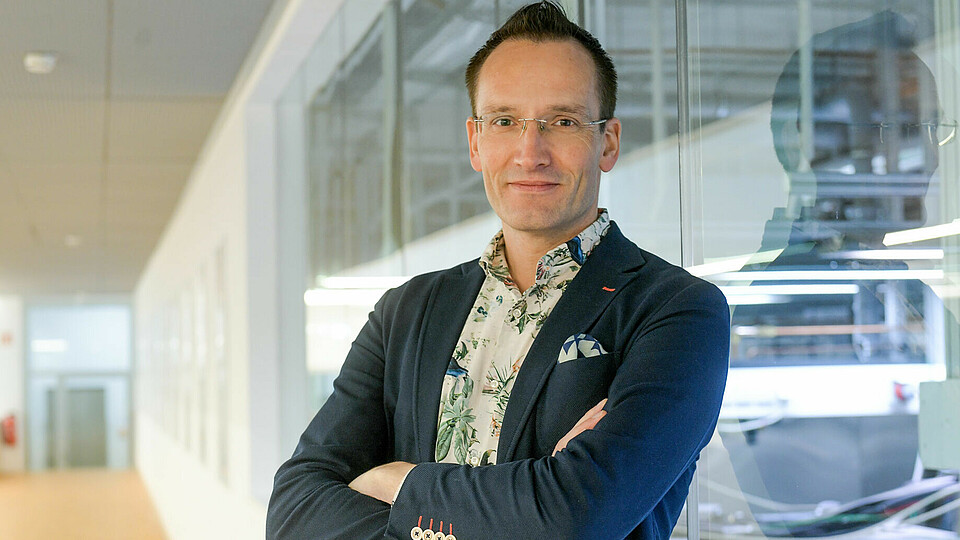
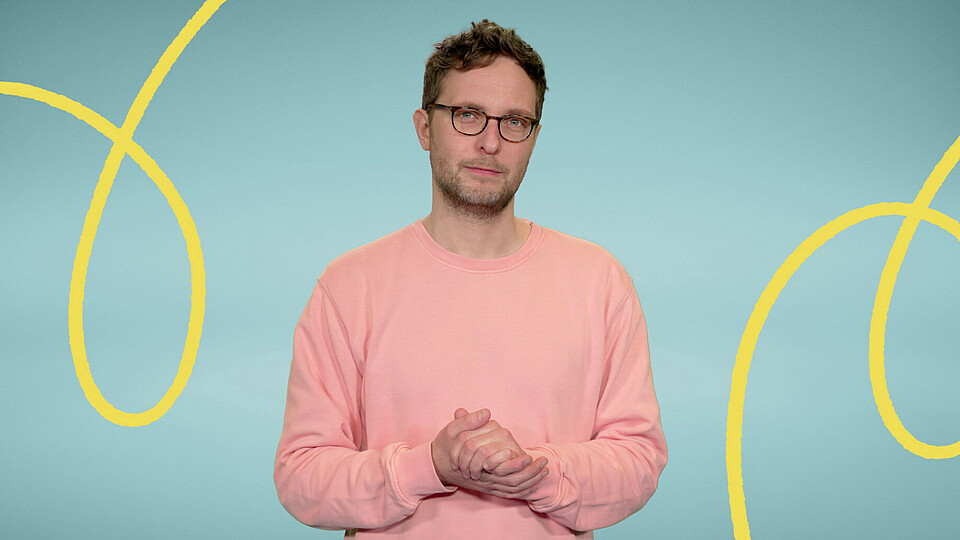
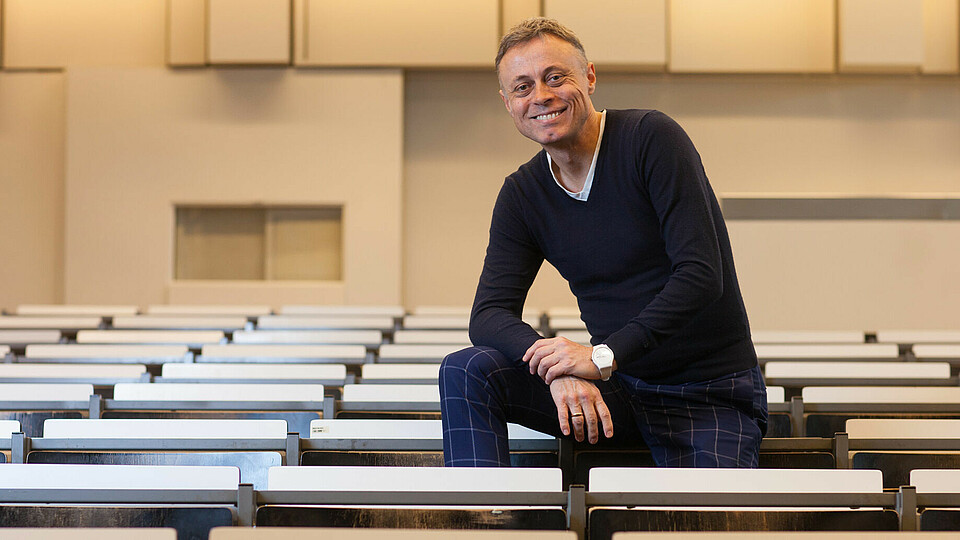
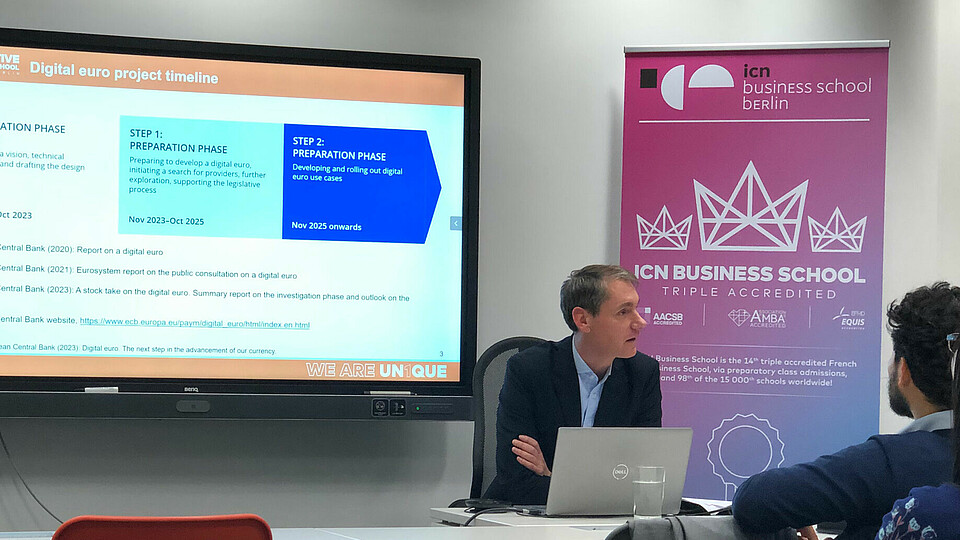
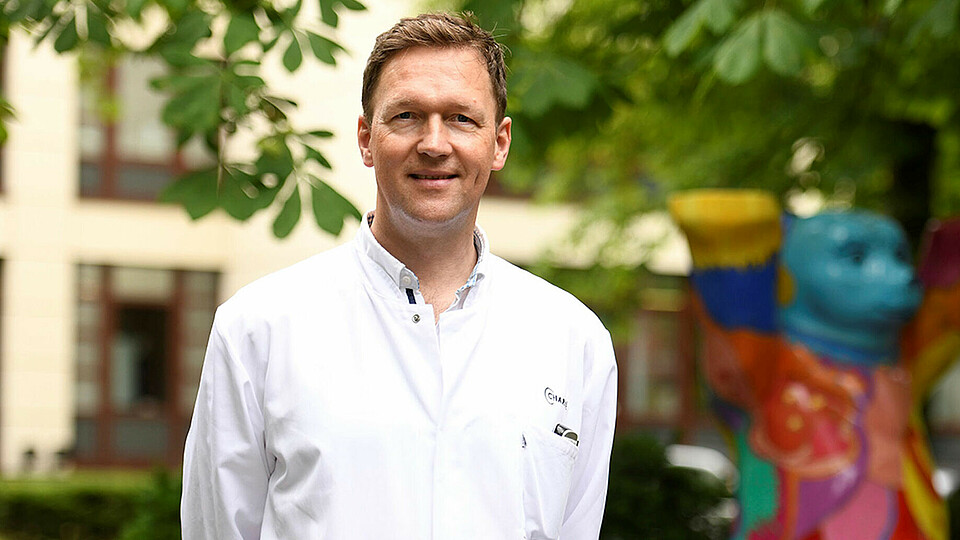
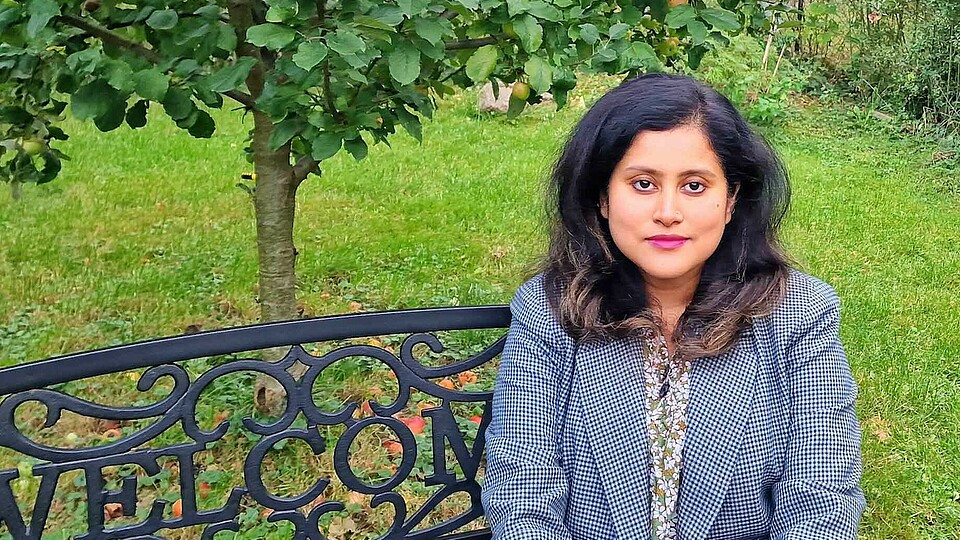
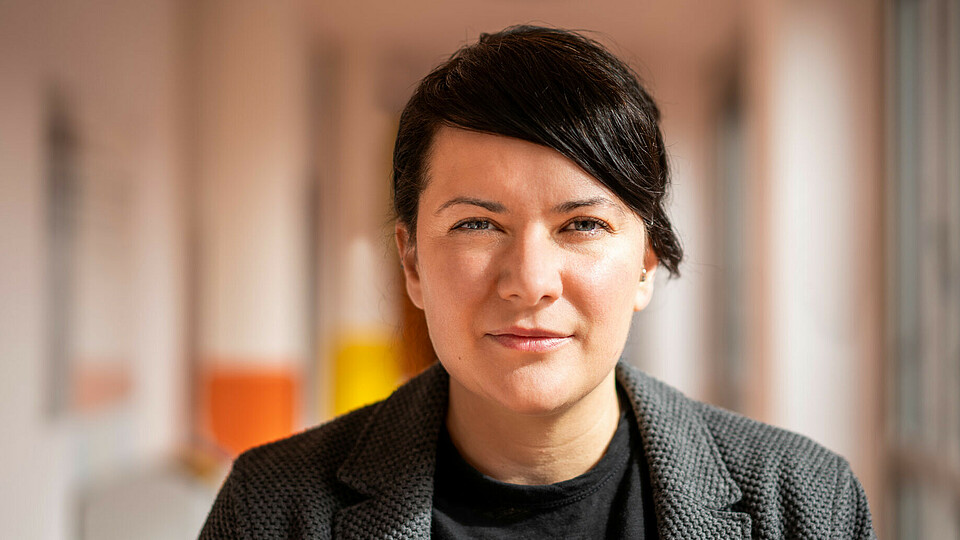
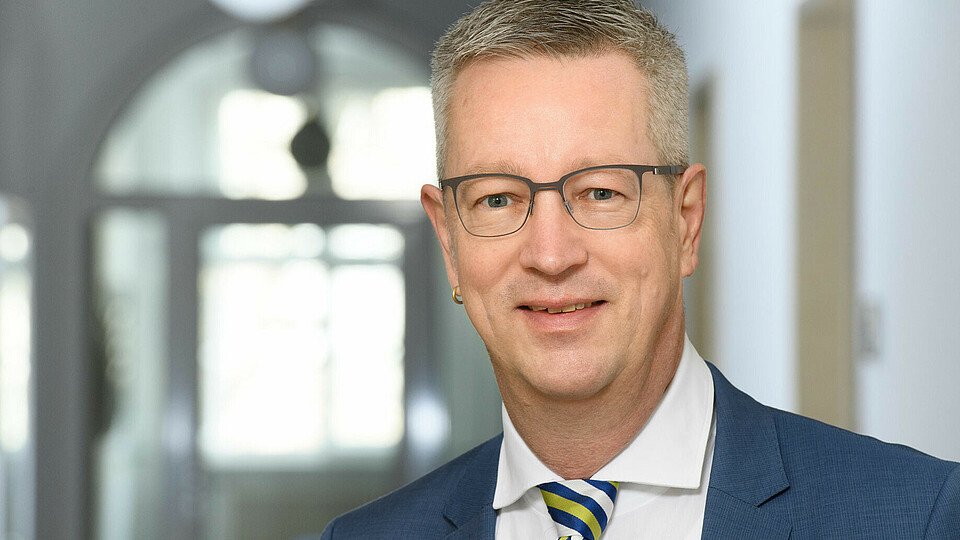
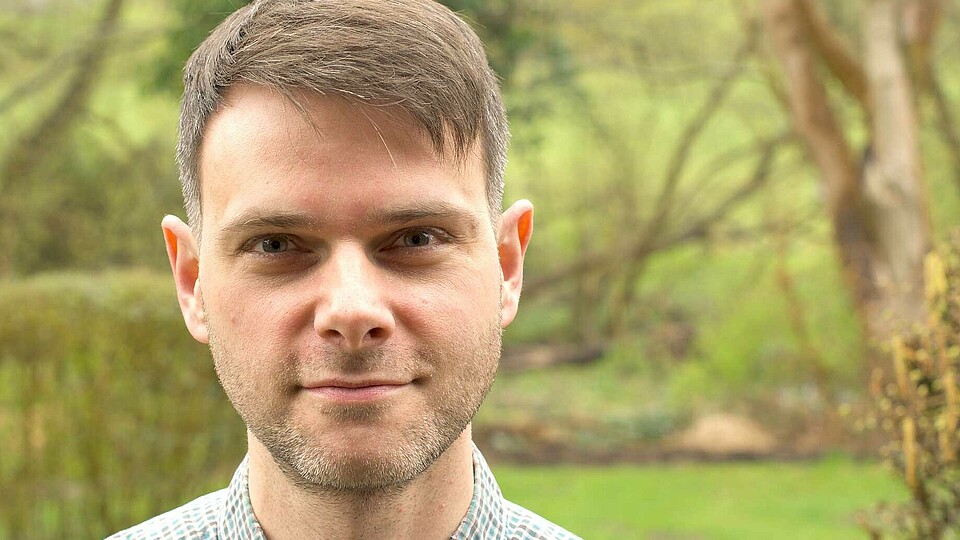
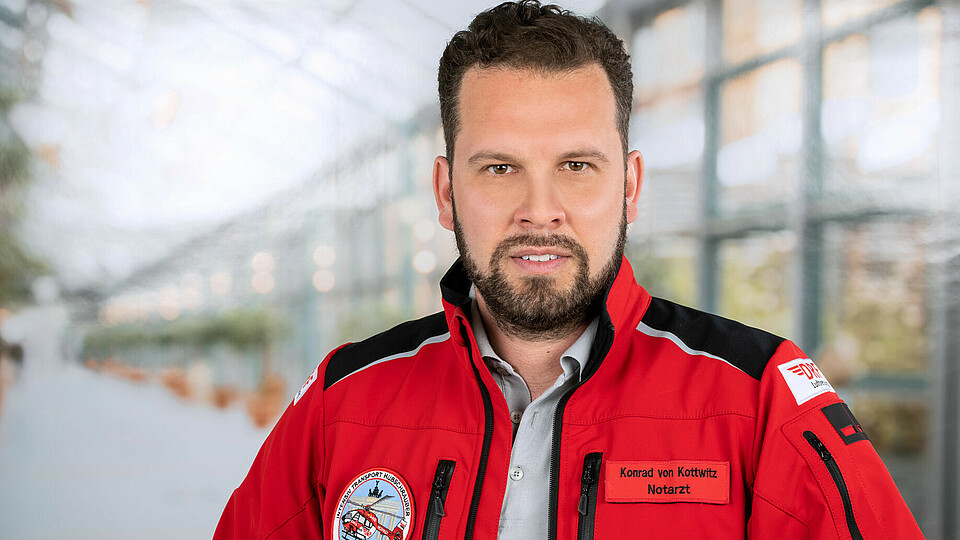
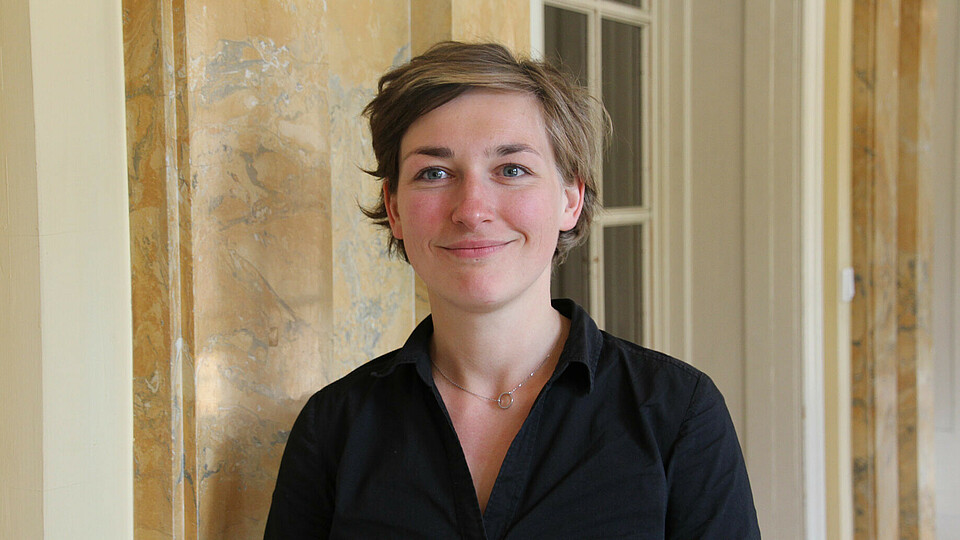
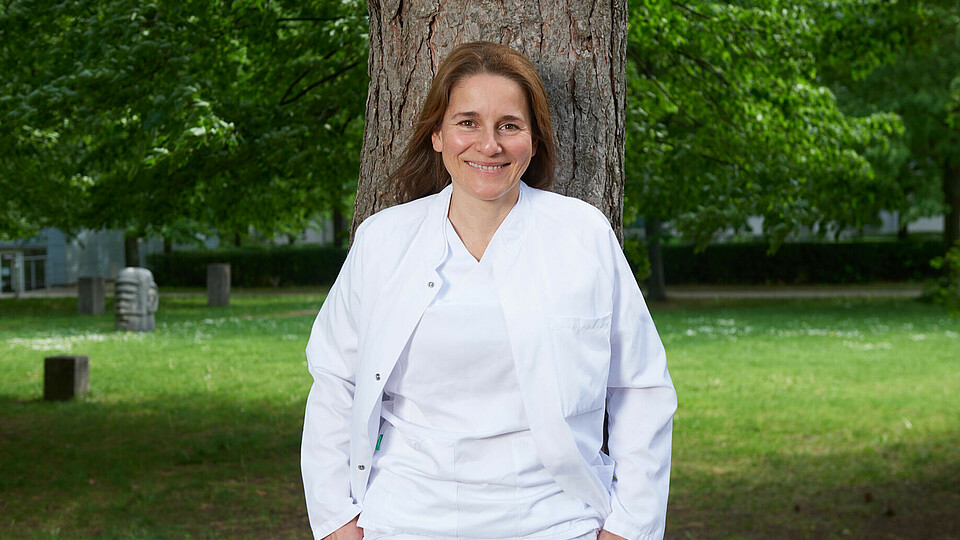
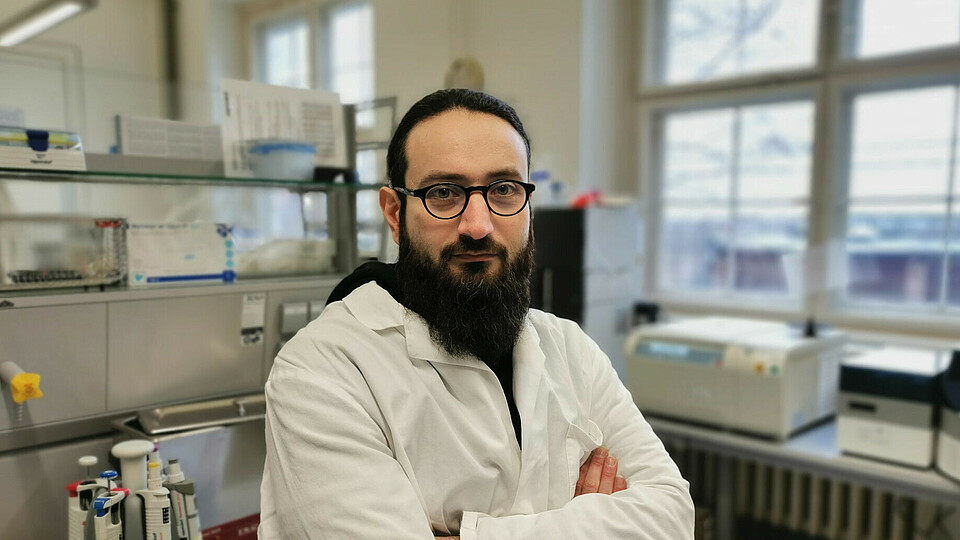
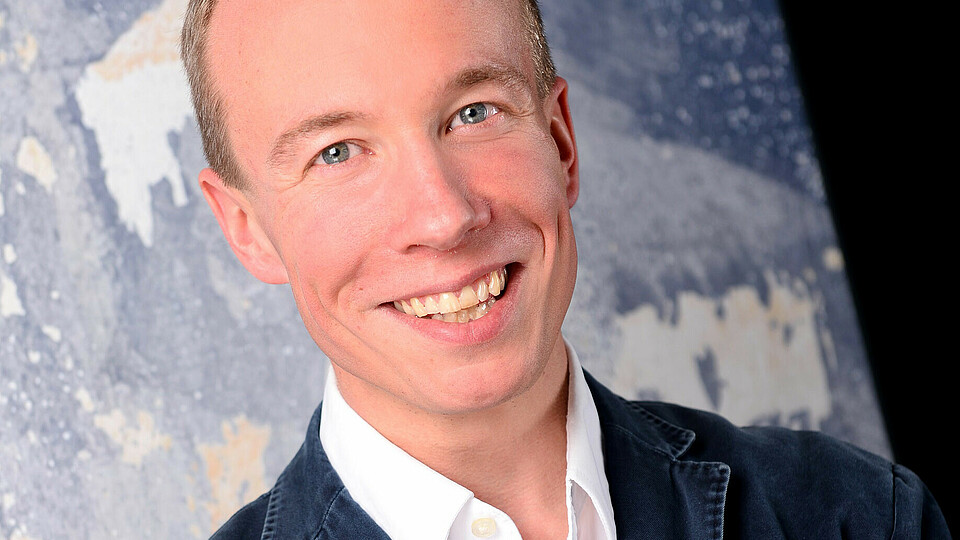
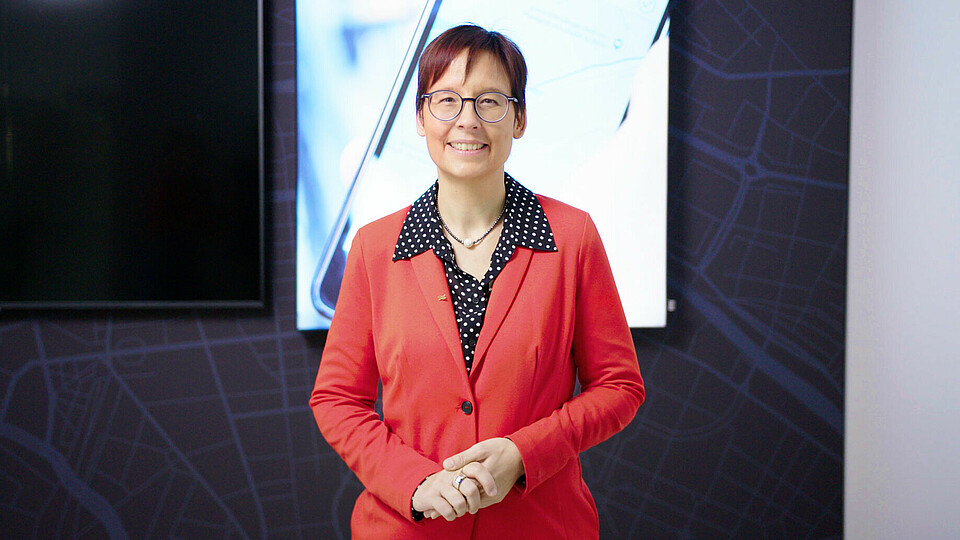
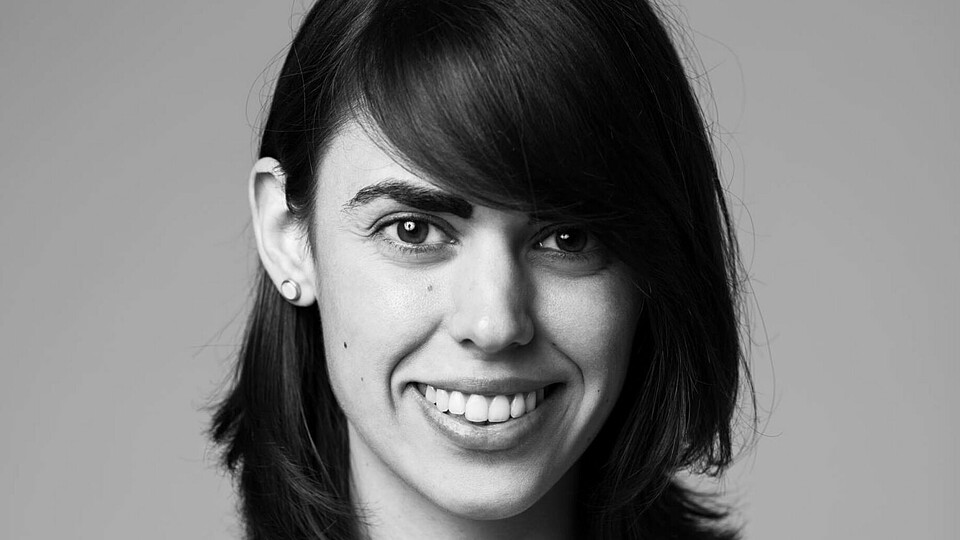
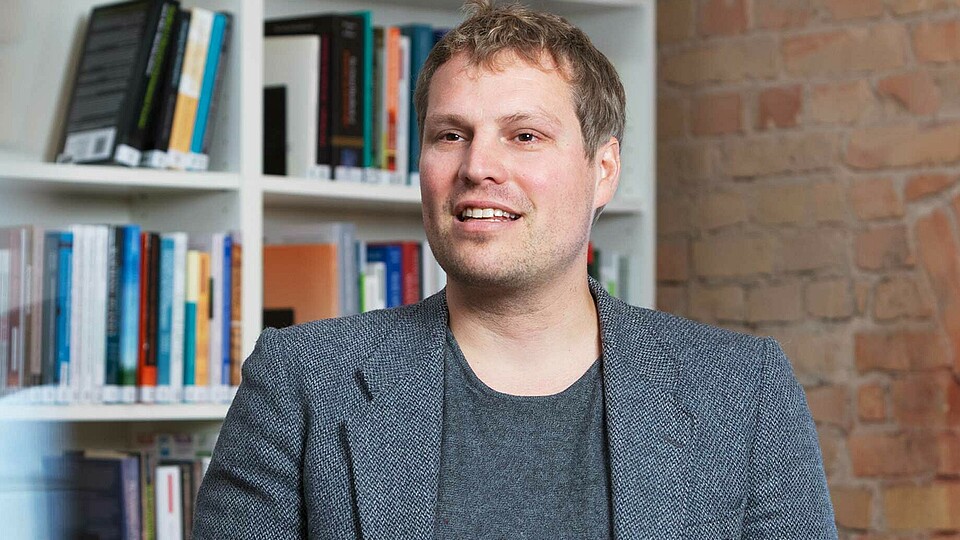
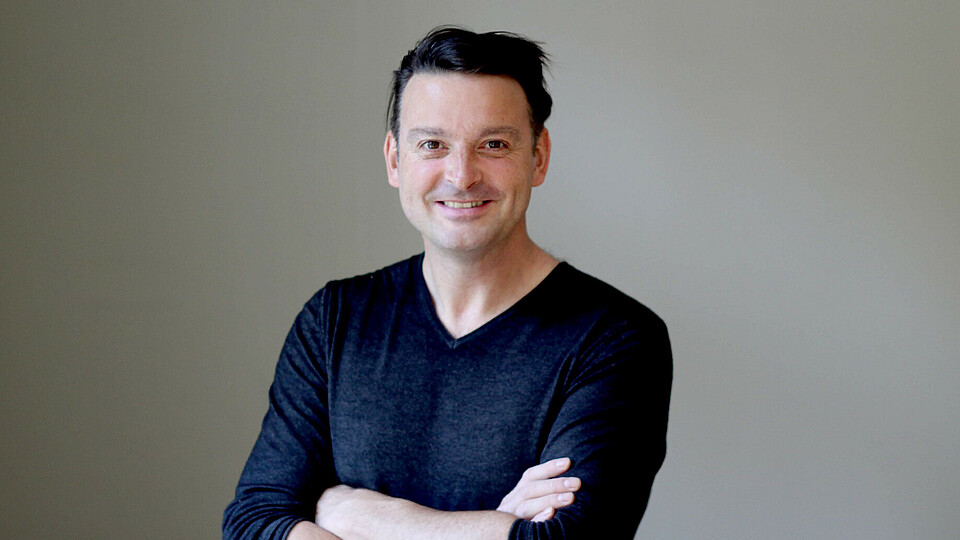
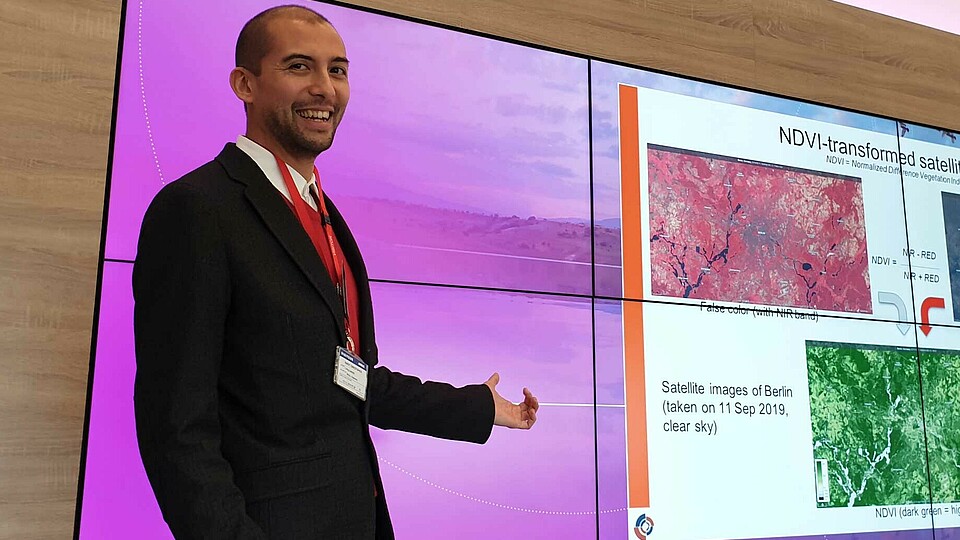
![[Translate to English:] [Translate to English:]](/fileadmin/_processed_/b/c/csm_Lang_Berlin-Partner_Philipp-Jester_683x384_31db623bc3.jpg)